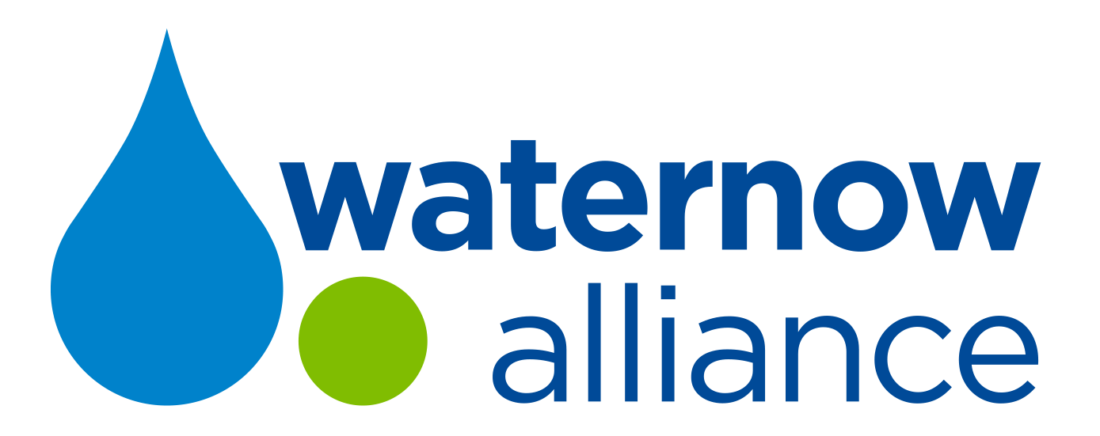IRS Tax Exemption for Water Rebates
Over 125 water leaders ask the White House to stop taxing water rebates. View DescriptionDownload the letter with complete list of signatures.
Consumer rebates and subsidies such as for the installation of high-efficiency toilets and washing machines, or for the removal of lawns, are among the most cost-effective and efficient tools available to utilities for increasing water supply resilience, limiting pollutants in waterways, and keeping water rates affordable for citizens.
However, some utilities are concerned about the consumer-side tax implications of these rebates and the potential for federal policy to create harsh disincentives for local water efficiency initiatives. The Internal Revenue Service (IRS) considers any receipt of funds over $600, that aren’t gifts, to be “income” taxable at the federal level. Rebates for other purposes – such as car sales – are generally not considered to be income. Nevertheless, the IRS does not have a specific policy regarding water efficiency rebates and therefore some utilities believe that the safest route is to issue 1099s for larger rebate programs. Of course, facing federal taxes for receiving rebates for installing water efficiency improvements is a massive disincentive for many consumers, an unfortunate example of federal policy creating a critical barrier to local innovation.
 A large coalition of organizations has been working on this issue for a long time including the Metropolitan Water District of Southern California, Alliance for Water Efficiency, and the Western Urban Water Coalition. A key strategy has been to point out that the federal government already exempts rebate programs for energy efficiency from tax treatment, and given the well-documented nexus between water and energy consumption, this exemption should apply to water efficiency rebates as well.
A large coalition of organizations has been working on this issue for a long time including the Metropolitan Water District of Southern California, Alliance for Water Efficiency, and the Western Urban Water Coalition. A key strategy has been to point out that the federal government already exempts rebate programs for energy efficiency from tax treatment, and given the well-documented nexus between water and energy consumption, this exemption should apply to water efficiency rebates as well.
WaterNow Alliance was pleased to be able to bring the National League of Cities and over 100 local water leaders into this conversation last year with a letter to the White House that successfully elevated the issue within the federal government. The letter urges the IRS to use its discretion to exempt water conservation rebates from federal tax liability and help unlock greater investment in effective water management programs.
The current administration has moved away from addressing this issue and therefore efforts have shifted to Congress. WaterNow Alliance remains committed to working with our partners to eliminate this barrier and others like it to local water efficiency programs.
